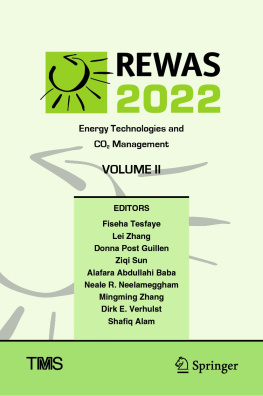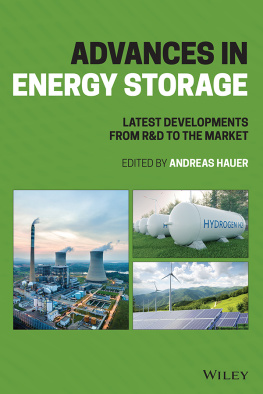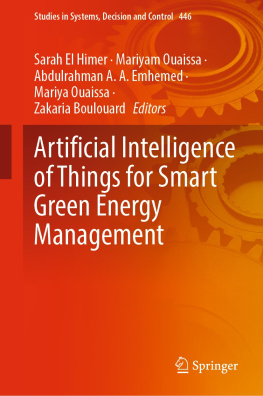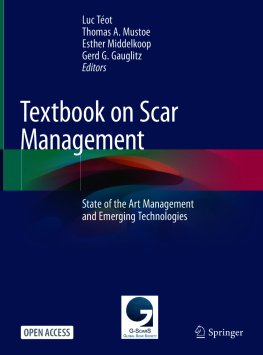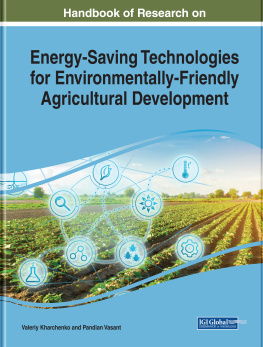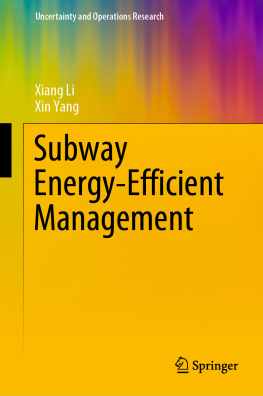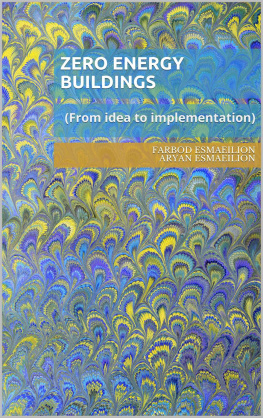Fiseha Tesfaye - REWAS 2022: Energy Technologies and CO2 Management
Here you can read online Fiseha Tesfaye - REWAS 2022: Energy Technologies and CO2 Management full text of the book (entire story) in english for free. Download pdf and epub, get meaning, cover and reviews about this ebook. year: 2022, publisher: Springer, genre: Romance novel. Description of the work, (preface) as well as reviews are available. Best literature library LitArk.com created for fans of good reading and offers a wide selection of genres:
Romance novel
Science fiction
Adventure
Detective
Science
History
Home and family
Prose
Art
Politics
Computer
Non-fiction
Religion
Business
Children
Humor
Choose a favorite category and find really read worthwhile books. Enjoy immersion in the world of imagination, feel the emotions of the characters or learn something new for yourself, make an fascinating discovery.
- Book:REWAS 2022: Energy Technologies and CO2 Management
- Author:
- Publisher:Springer
- Genre:
- Year:2022
- Rating:3 / 5
- Favourites:Add to favourites
- Your mark:
- 60
- 1
- 2
- 3
- 4
- 5
REWAS 2022: Energy Technologies and CO2 Management: summary, description and annotation
We offer to read an annotation, description, summary or preface (depends on what the author of the book "REWAS 2022: Energy Technologies and CO2 Management" wrote himself). If you haven't found the necessary information about the book — write in the comments, we will try to find it.
REWAS 2022: Energy Technologies and CO2 Management — read online for free the complete book (whole text) full work
Below is the text of the book, divided by pages. System saving the place of the last page read, allows you to conveniently read the book "REWAS 2022: Energy Technologies and CO2 Management" online for free, without having to search again every time where you left off. Put a bookmark, and you can go to the page where you finished reading at any time.
Font size:
Interval:
Bookmark:
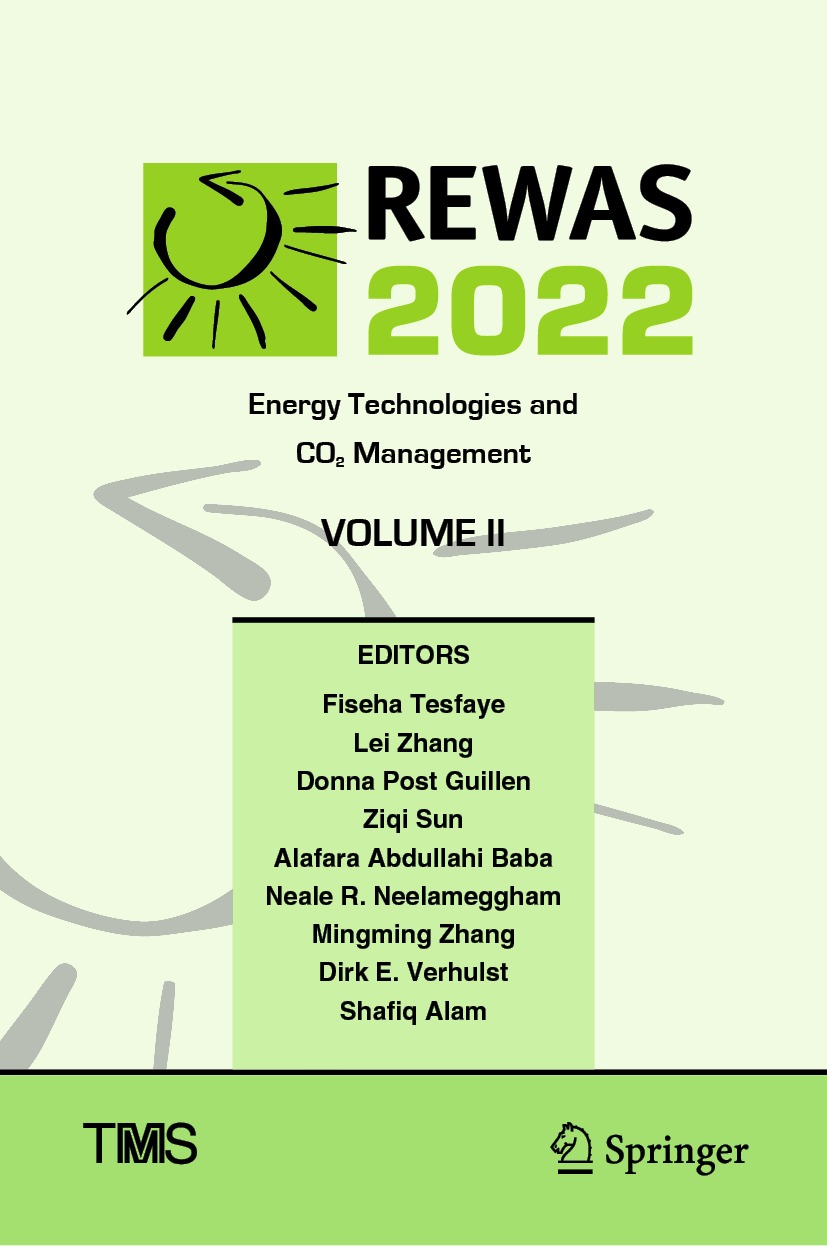
The Minerals, Metals & Materials Series publications connect the global minerals, metals, and materials communities. They provide an opportunity to learn about the latest developments in the field and engage researchers, professionals, and students in discussions leading to further discovery. The series will cover a full range of topics from metals to photonics and from material properties and structures to potential applications.


This Springer imprint is published by the registered company Springer Nature Switzerland AG
The registered company address is: Gewerbestrasse 11, 6330 Cham, Switzerland
Volume II of the REWAS 2022 proceedings contains peer-reviewed papers presented at the REWAS 2022: Energy Technologies and CO2 Management symposium, organized in conjunction with the TMS 2022 Annual Meeting & Exhibition and REWAS 2022. The symposium was sponsored by the TMS Extraction and Processing Division (EPD), Light Metals Division (LMD), and Energy Committee.
The papers in this volume intend to address issues related to intricacies, challenges, and development of new strategies as the reliance on fossil fuels for energy is unsustainable and has released an unprecedented amount of carbon dioxide into our atmosphere. The continual research and development effort into clean and sustainable energy technologies and efficient carbon dioxide management are of paramount importance to ensure the responsible progress of human civilization and innovations.
The REWAS 2022: Energy Technologies and CO2 Management symposium was open to participants from both industry and academia with a focus on energy-efficient technologies including innovative ore beneficiation, smelting technologies, recycling and waste heat recovery, as well as emerging novel energy technologies. The topics cover various technological aspects of sustainable energy ecosystems, processes that improve energy efficiency, reduce thermal emissions, and reduce carbon dioxide and other greenhouse emissions. Contributions from all areas of non-nuclear and non-traditional energy sources are discussed.
Topics include renewable energy resources to reduce the consumption of traditional fossil fuels; emerging technologies for renewable energy harvesting, conversion, and storage; new concepts or devices for energy generation, conversion, and distribution; waste heat recovery and other industrial energy efficient technologies; energy education and energy regulation; scale-up, stability, and life cycle analysis of energy technologies, and improvement of existing energy intensive processes; theory and simulation in energy harvesting, conversion, and storage; design, operation, and optimization of processes for energy generation (e.g., carbon capture) and conversion of energy carriers; energy efficiency improvement in process engineering (e.g., for biomass conversion and improved combustion) and electrical engineering (e.g., for power conversion and developing smart grids); thermoelectric/electrolysis/photoelectrolysis/fundamentals of PV; emission control; CO2 capture and conversion, carbon sequestration techniques, CO2 and other greenhouse gas reduction metallurgy in ferrous (iron and steel making and forming), non-ferrous and reactive metals including critical rare-earth metals; sustainability and life cycle assessment of energy systems; and thermodynamics and modelling for sustainable metallurgical processes.
We hope this volume will serve as a reference for materials scientists and engineers as well as metallurgists for exploring innovative energy technologies and novel energy materials processing.
We would like to acknowledge the contributions from the authors of the papers in this volume, the effort of the reviewers involved with the manuscript review process, and the help received from the TMS staff.
Font size:
Interval:
Bookmark:
Similar books «REWAS 2022: Energy Technologies and CO2 Management»
Look at similar books to REWAS 2022: Energy Technologies and CO2 Management. We have selected literature similar in name and meaning in the hope of providing readers with more options to find new, interesting, not yet read works.
Discussion, reviews of the book REWAS 2022: Energy Technologies and CO2 Management and just readers' own opinions. Leave your comments, write what you think about the work, its meaning or the main characters. Specify what exactly you liked and what you didn't like, and why you think so.

